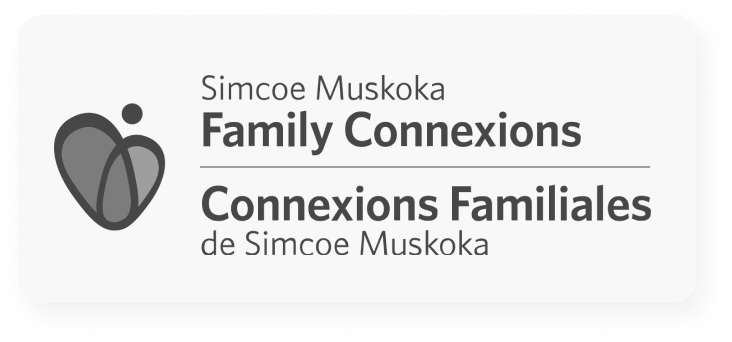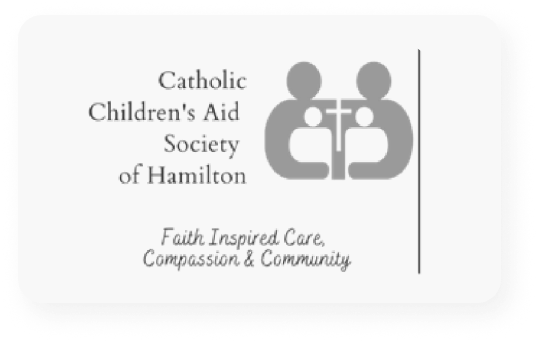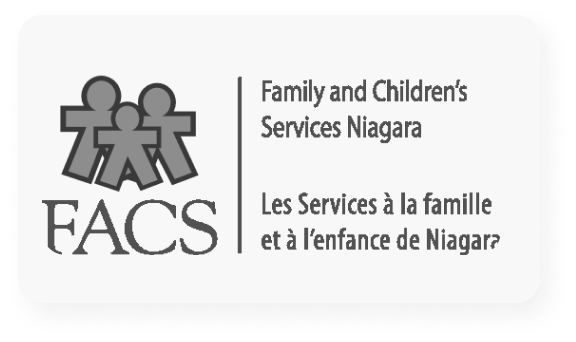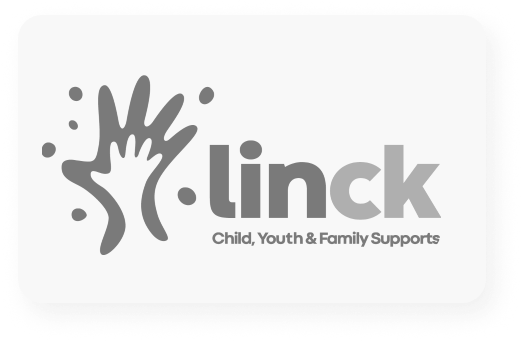-
Oppositional Defiance Disorder:
Persistent disobedience, defiance, or hostility towards authority figures.
-
Conduct Disorder:
A pattern of aggressive, disruptive, or anti-social behaviour.
-
Obsessive Compulsive Disorder:
Repetitive behaviours or thoughts that can impact daily life.
-
Fetal Alcohol Spectrum Disorder:
Developmental challenges due to prenatal alcohol exposure.
-
Post-Traumatic Stress Disorder:
Emotional distress and trauma stemming from past experiences
-
Drug & Alcohol Abuse:
Struggles with substance use and addiction.
-
Encounters with Law Enforcement:
Previous legal issues or encounters with the justice system.
-
Absence Without Leave (AWOL):
Running away or being absent without permission.
-
Stealing, Lying & Hoarding:
Behaviors that may stem from past trauma or survival instincts.
Become a
Foster Parent
Becoming a foster parent is a rewarding journey that gives you the opportunity to provide a safe, stable, and loving home for children in need. If you’ve ever felt the desire to make a difference in a child’s life, fostering may be the perfect way to do so.
How it Works


Interview / Initial Home Survey
We begin with an interview and home visit to get to know you and assess the environment where you’ll be fostering. This informal survey helps us understand your motivation for fostering and ensures your home meets the basic safety requirements.


Complete and Submit Application Documents
Next, you’ll complete the required application forms, which include background checks, references, and other important documentation. This step ensures that all necessary legal and safety requirements are met.


Home Study
(Structured Analysis Family Evaluation)
A thorough evaluation of your household is conducted through the Home Study process. This involves interviews, assessments, and home inspections to ensure your family is fully prepared to foster. The study helps us match you with the right child based on your strengths and family dynamics.


Foster Parent Training
Once your application and home study are complete, you’ll participate in our comprehensive foster parent training. This training covers topics such as trauma-informed care, child development, and behaviour management to equip you with the skills and knowledge needed to provide exceptional care.
Possible Areas of Trauma
Support & Safety
The well-being of both the child and the foster family is a top priority at Safe Harbours. Within seven days of a child’s placement, a preliminary assessment will be conducted to identify any additional support needs.
Our Goal
Our goal is to quickly integrate children into a routine whether by enrolling them in school, connecting them with relevant special needs staff, and/or initiating support from community mental health agencies. Based on the assessment, additional support may include:


Child and Youth Workers:
Professionals who provide guidance and support for the youth.
Funding for Immediate Psychological Services: Access to mental health resources as needed.
Access to Community Support Programs: Including drug counselors, therapists, and more.
Educational Tutors:
To support the youth’s academic growth.
For Immediate Threats
If a child’s behaviour threatens the safety of the home or community, we will tap into our resource network to determine next steps.
In cases of an immediate threat, foster parents are advised to call the police, as maintaining a secure and safe home is essential, even if difficult decisions must be made.
Ready To Get Started?
Are you ready to make a difference? Safe Harbours is here to guide you every step of the way. Contact us today to learn more about fostering and how you can get involved. Your journey to becoming a foster parent begins here…








